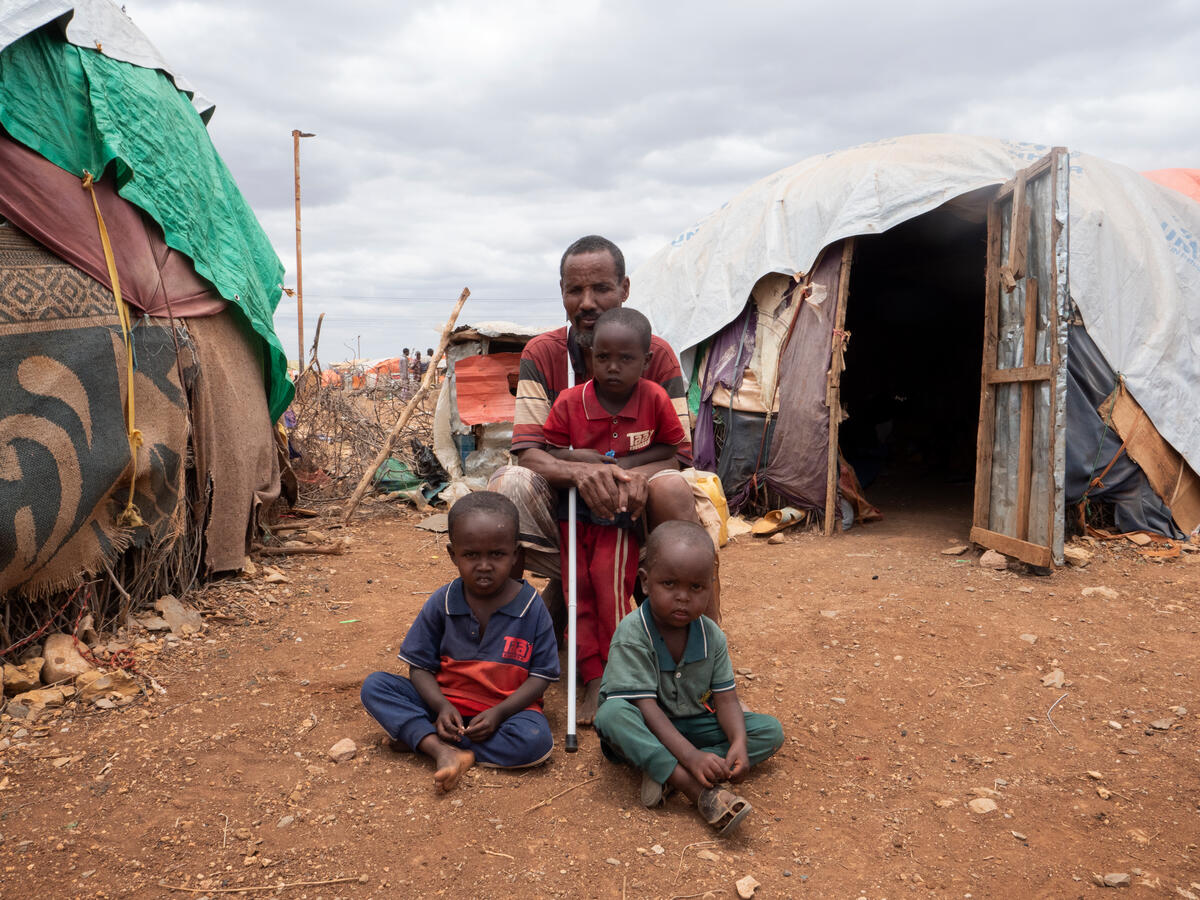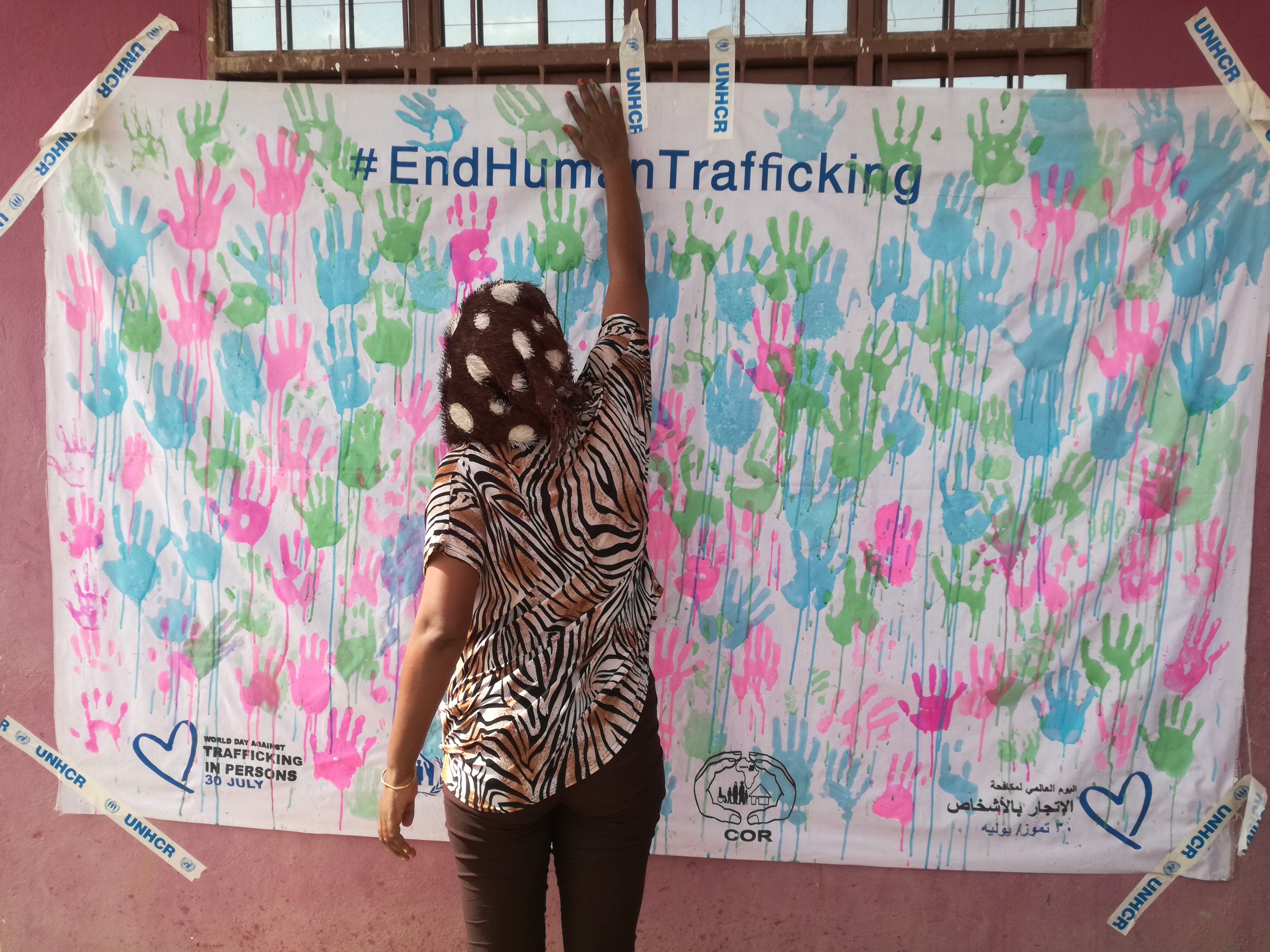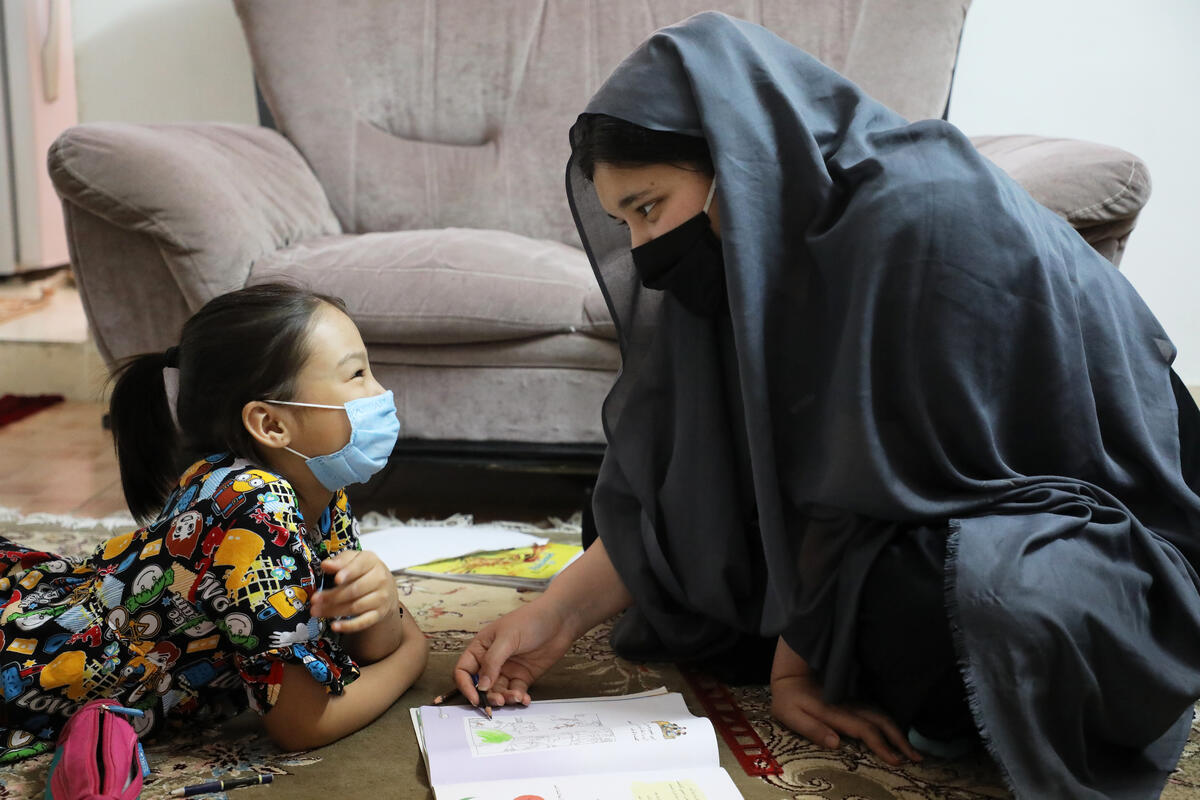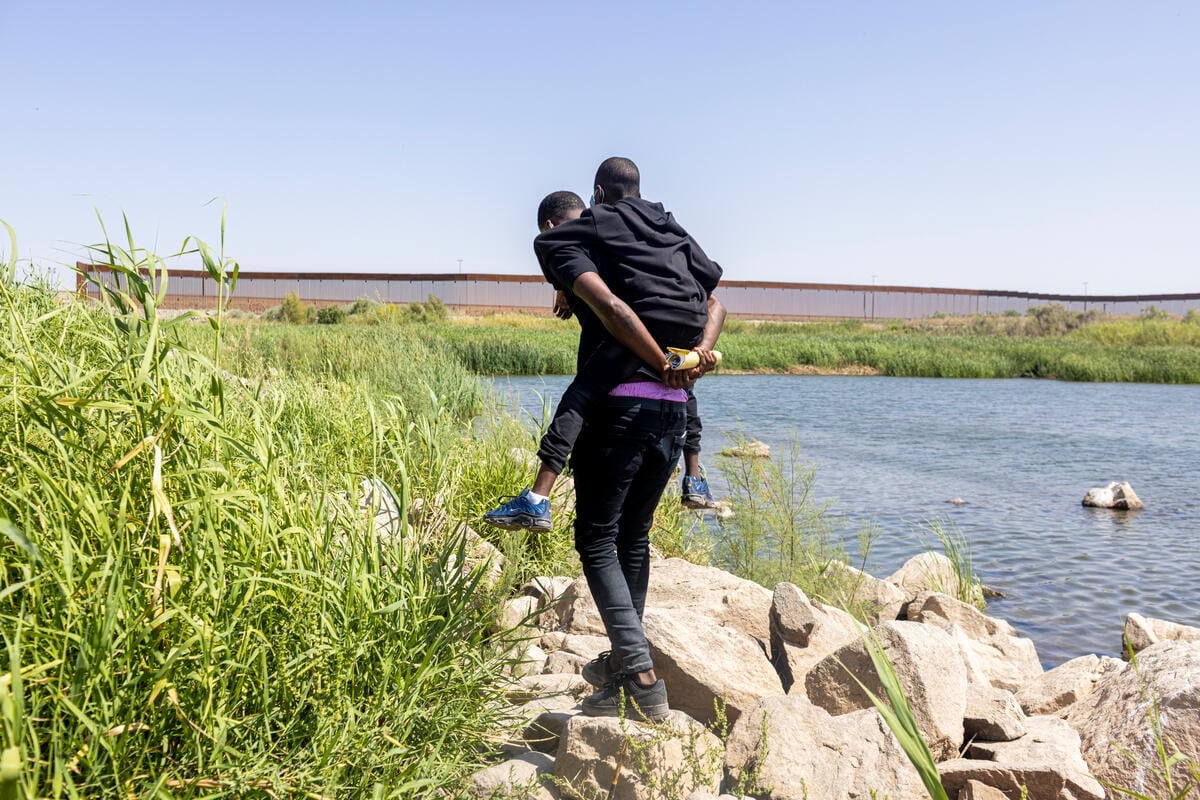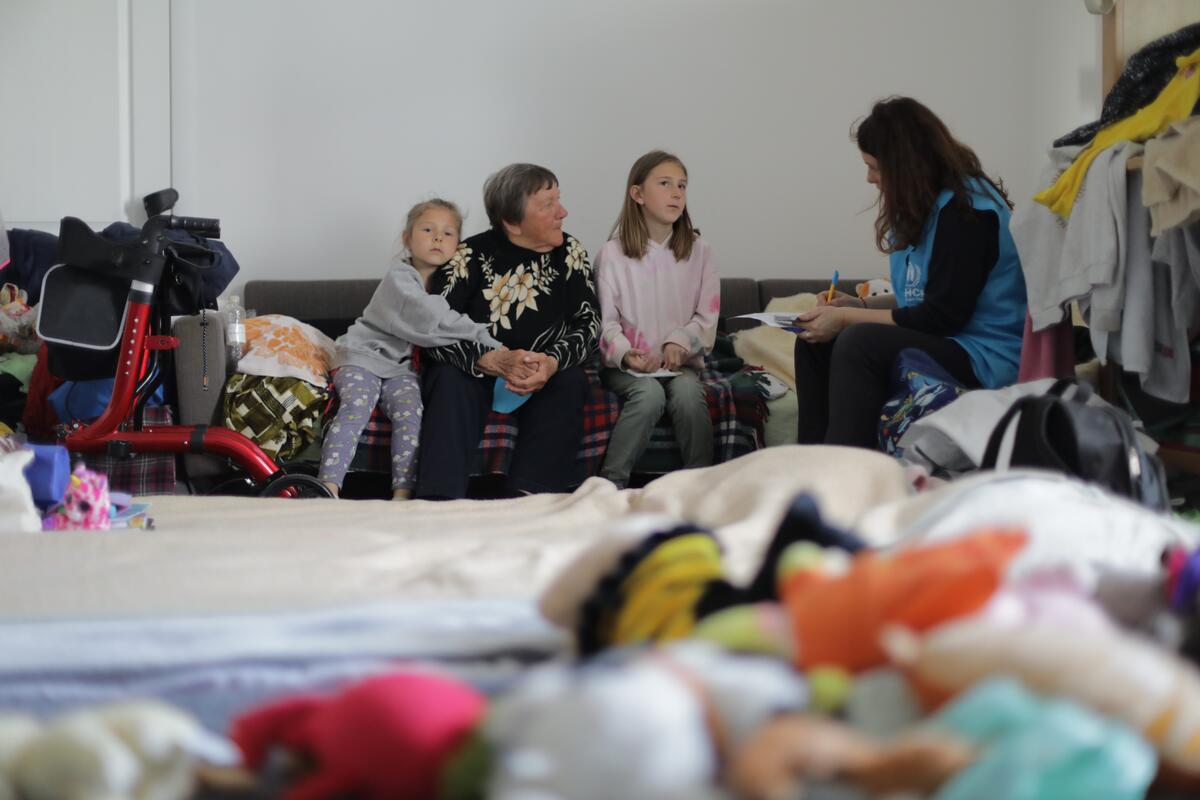UNHCR annual refugee protection report highlights security concerns
UNHCR annual refugee protection report highlights security concerns
Wednesday 3 October 2007
GENEVA - Security concerns are driving the operation of asylum systems in an increasing number of countries with a disturbing trend towards rights becoming peripheral, UNHCR's top protection official said Wednesday.
In an address to the annual meeting of UNHCR's 72-nation Executive Committee, Assistant High Commissioner for Protection Erika Feller presented some of the main findings of the agency's annual report on international protection.
"The world of borders is particularly shadowy, with interception, turnarounds and refoulement taking place outside the frame of any proper scrutiny. Security is driving the operation of asylum systems in an increasing number of countries, contributing to the growth of a culture of thinking where rights are becoming peripheral," Feller told delegates.
Arbitrary detention, including of children, and the privatization of detention which in some countries has turned into an industry, is particularly worrying, she said.
"By creating an economic lobby in favour of detention, this has undermined serious efforts to create alternatives to detention and has contributed even further to blurring the distinction between the refugee and non-refugee detainees," she said.
Feller said that in some regions, asylum was a "lottery", with states inconsistent in applying 1951 Refugee Convention standards.
"The widely divergent refugee recognition rate among states is a telling indicator, with research showing, for example, that persons from Iraq, Sri Lanka or Somalia have very different prospects of finding protection depending on where their claim is lodged," Feller told delegates.
"Security concerns and arbitrary detention, not subject to habeas corpus or judicial review, are leaving asylum seekers in legal limbo in quite a number of countries ... ," she added.
Protection of refugees in the context of mixed migration movements in the Mediterranean, the Gulf of Aden, the Caribbean and other areas was also a major ongoing protection challenge and high priority for UNHCR.
"We have yet to find an accommodation with states on the issue of sea borders. States still refuse disembarkation. Ships may refuse to rescue. There is a worrying absence of systems which properly balance migration management with refugee protection," she said.
While the report noted some bright spots on the horizon with over 700,000 refugees able to return home in 2006, broadly positive resettlement trends and an increase in the number or resettlement countries, Feller said UNHCR was concerned about the growth of a class of persons becoming "untouchables" for resettlement countries.
"Increasingly, some groups of refugees are becoming simply unwanted by resettlement countries. Neither their refugee status nor their protection needs are in question, but their desirability is. Among these "untouchables" are politically sensitive ethnic groups, elderly persons for fear they will become a public charge, large families considered too costly a proposition, single men as a possible threat to public order, or refugees with low educational levels, who may take longer to integrate," Feller told delegates.
Although less than one per cent of the world's refugees are resettled in any given year, resettlement is an important durable solution for refugees and a demonstration of responsibility sharing.
Feller also said that equitable responsibility sharing by states remained elusive.
"This is starkly illustrated, for example, by the staggering arrival rates of Iraqis into neighbouring countries, the circumspect recognition of the burden this poses for countries like Syria, and the far too hesitant international approach to helping them shoulder it. This is the fastest growing displacement crisis we are currently dealing with. Without sustained support for host states, protection there may well become academic," she said. On Monday, Syria, which hosts over 1.5 million Iraqi refugees, appeared to all but close its borders to refugees.




